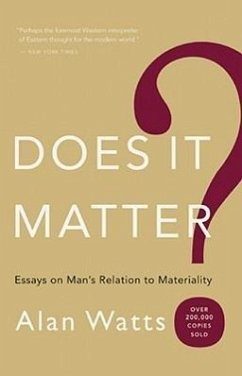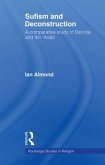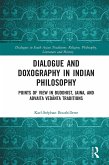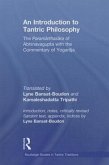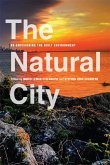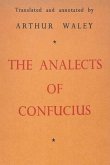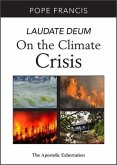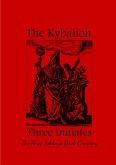"Does It Matter?" presents Alan Watts' thoughts on the problem of humankind's relationship to its environment. Here he argues that contemporary people confuse symbols with reality, preferring money to wealth and "eating the menu instead of the dinner." Focusing on numbers, concepts, and technology, he says, makes us increasingly unconscious of nature and of our total dependence on air, water, plants, animals, insects, and bacteria. We have hallucinated the notion that the "external" world is a cluster of "objects" separate from ourselves, that we "encounter" it rather than come out of it. Consequently, he claims, humanity is fouling its own nest and is in imminent danger of self-obliteration. In one of his most provocative books, a philosopher known for his writings and teachings about mysticism and Eastern philosophy confronts the nitty-gritty problems of economics, technology, clothing, cooking, housing, and the rest of the world around us. First published in 1971, the book is especially timely today.

